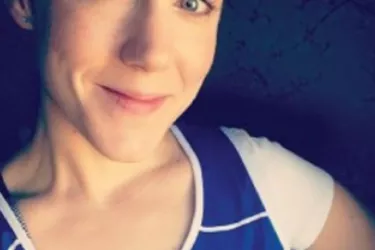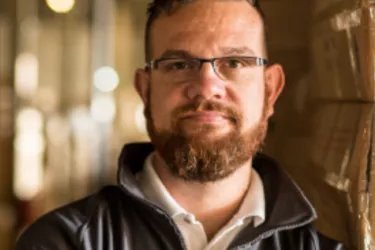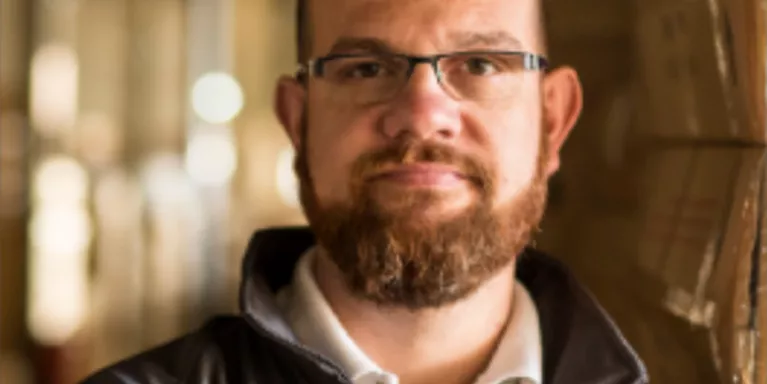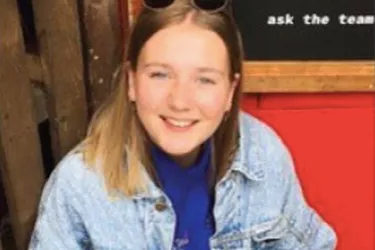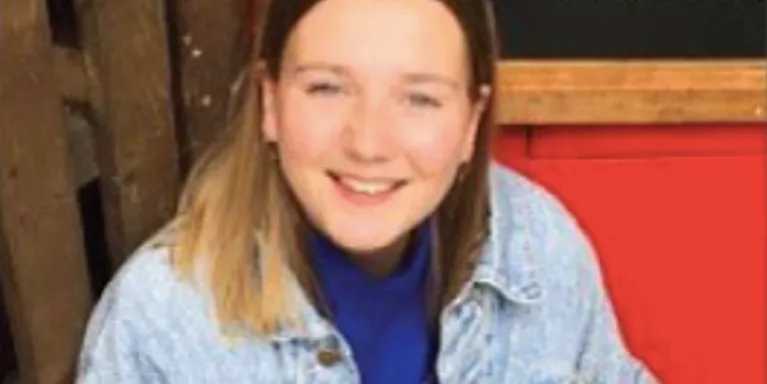The best conversation you'll ever have
Kerry blogs on the benefits of opening up, and why she's running the Heads Together London Marathon.
Kerry bottled up her emotions for years before her diagnosis with post-natal depression helped her to manage how she was feeling and get back on track. Now she's running the Heads Together London Marathon and encouraging others to open up.
I remember being told by the doctor that I had depression, I was only 18 then. Someone at the time said to me that I didn’t have anything to be depressed about. There was nothing that really triggered it, no big event, it just sort of happened and I felt really ashamed.
I kept it to myself and I felt very alone. I wanted to go into teaching and was worried that if I declared I had depression that I might not get a job. I bottled it all up.
When I had my first child I became really ill and nearly died. I believe this was the start of my post-natal depression, but I didn’t get any help for this. When my second child arrived six years ago they didn’t sleep very well and I was up eight or nine times a night.
"The lack of sleep and stress made me feel as though I was unable to cope and I felt like I was sinking into a black hole."
I couldn’t see a way out and some nights I was so exhausted that I lay on the kitchen floor sobbing. The next morning I had to walk out of the door pretending everything was fine to all the people on the school run, or people who stopped and talked to me in the street. I wore a mask, not letting on what was happening.
I finally broke down in the middle of an appointment with my healthcare assistant who referred me to my GP. I was then diagnosed with post-natal depression and it felt good to know I wasn’t alone.
"Telling someone felt fantastic, it was just what I had needed and like a weight had been lifted from my shoulders."
I was prescribed anti-depressants, and when they finally stated to kick in they really helped. I was so tense and anxious at the time, but they took the tension away and I felt much more relaxed. Nothing had changed in my circumstances, but the pressure was off and they made me feel slightly more human and calmer than I was.
Eventually I was able to stop taking the tablets. I have seen a counsellor at the NHS at various times in my life and I’ve often felt the depression starting to creep back in. Now I know I can take anti-depressants as a way to help me cope with life.
I turned 40 in November last year and I wanted to challenge myself to do something so decided to run the London marathon, raising money for Dudley Mind. I used to run ten or eleven years ago but stopped when I was struggling with post-natal depression. It’s been a bit of a journey, but it really helps calm my anxious feelings.
I’ve been to Dudley Mind to see how they support people and last week I went to one of their running groups, which helps people use physical activity as a way to look after their mental health. It was such a humbling experience and has given me that extra motivation to press on with my training.
"It’s quite overwhelming knowing that I’m going to be helping people who have similar issues to me."
This is the first time I’ve spoken out about my mental health publically, not many people know that I’ve struggled. I was encouraged to speak out by the Heads Together campaign. The more we open up and talk about our experiences, the less stigma there will be.
I wish I’d have known that there was support there for me when I needed it most. Mind could have helped me with my post-natal depression and now I would encourage anyone to get support online or pick up the phone.
If you’re wondering whether to talk to someone about your mental health right now then do it, whether it’s with a friend you can trust or a professional. You might find it difficult, but a problem shared really is a problem halved and it’s the best conversation you’ll ever have.
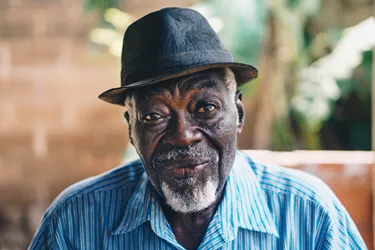

Information and support
When you’re living with a mental health problem, or supporting someone who is, having access to the right information - about a condition, treatment options, or practical issues - is vital. Visit our information pages to find out more.
Share your story with others
Blogs and stories can show that people with mental health problems are cared about, understood and listened to. We can use it to challenge the status quo and change attitudes.










